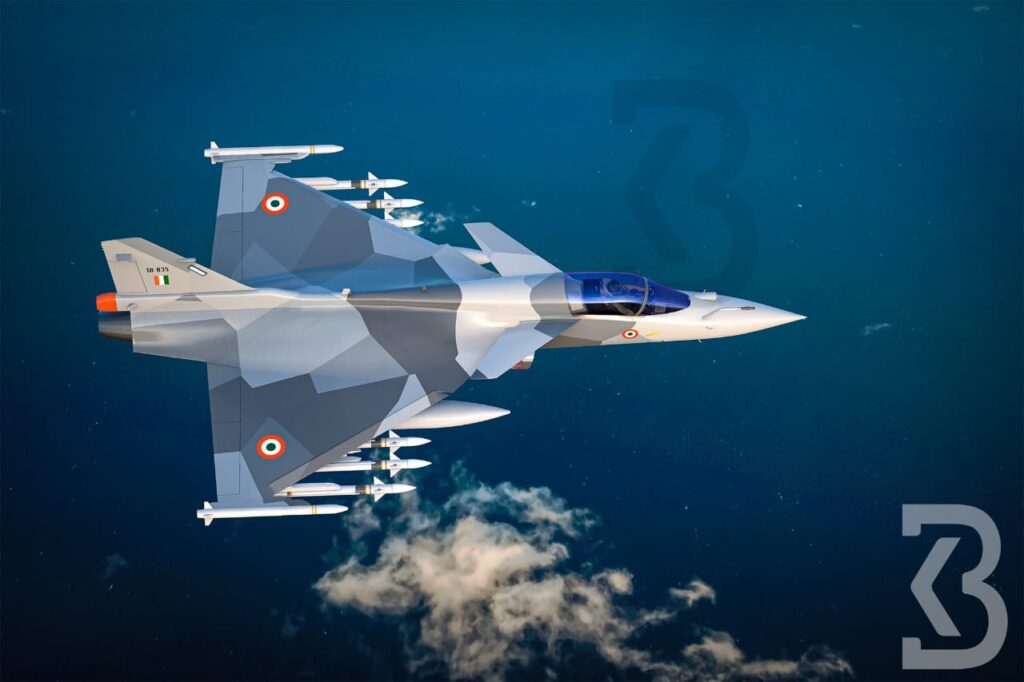NEW DELHI- General Electric (GE) has declared its strong interest in securing the engine manufacturing contract for India’s ambitious fifth-generation stealth fighter project.
The American aerospace giant positions itself as a key contender in what promises to become a highly competitive international bidding process.
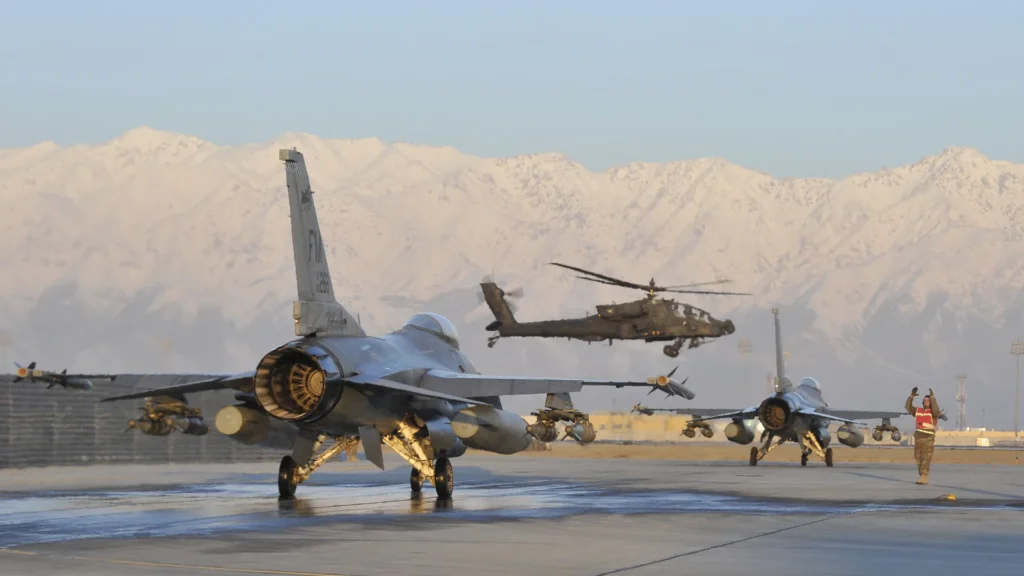
GE Interested for 5th-Gen Fighter Jet Engines
GE Chairman and CEO Larry Culp confirmed the company’s intentions during recent discussions, emphasising the strategic importance of the Indian market for both civilian and military aerospace operations.
The company views its participation in India’s advanced fighter programs as essential to strengthening bilateral defence cooperation between the United States and India.
India announced its decision to expedite the development of a domestic fifth-generation stealth fighter last month. The announcement followed shortly after Operation Sindoor against Pakistan, highlighting the urgent need for advanced air superiority capabilities.
The Indian Air Force’s fifth-generation stealth fighter project represents a significant leap in indigenous defence manufacturing capabilities. The program aims to develop an advanced medium combat aircraft that will compete with global fifth-generation fighters currently in service or development.
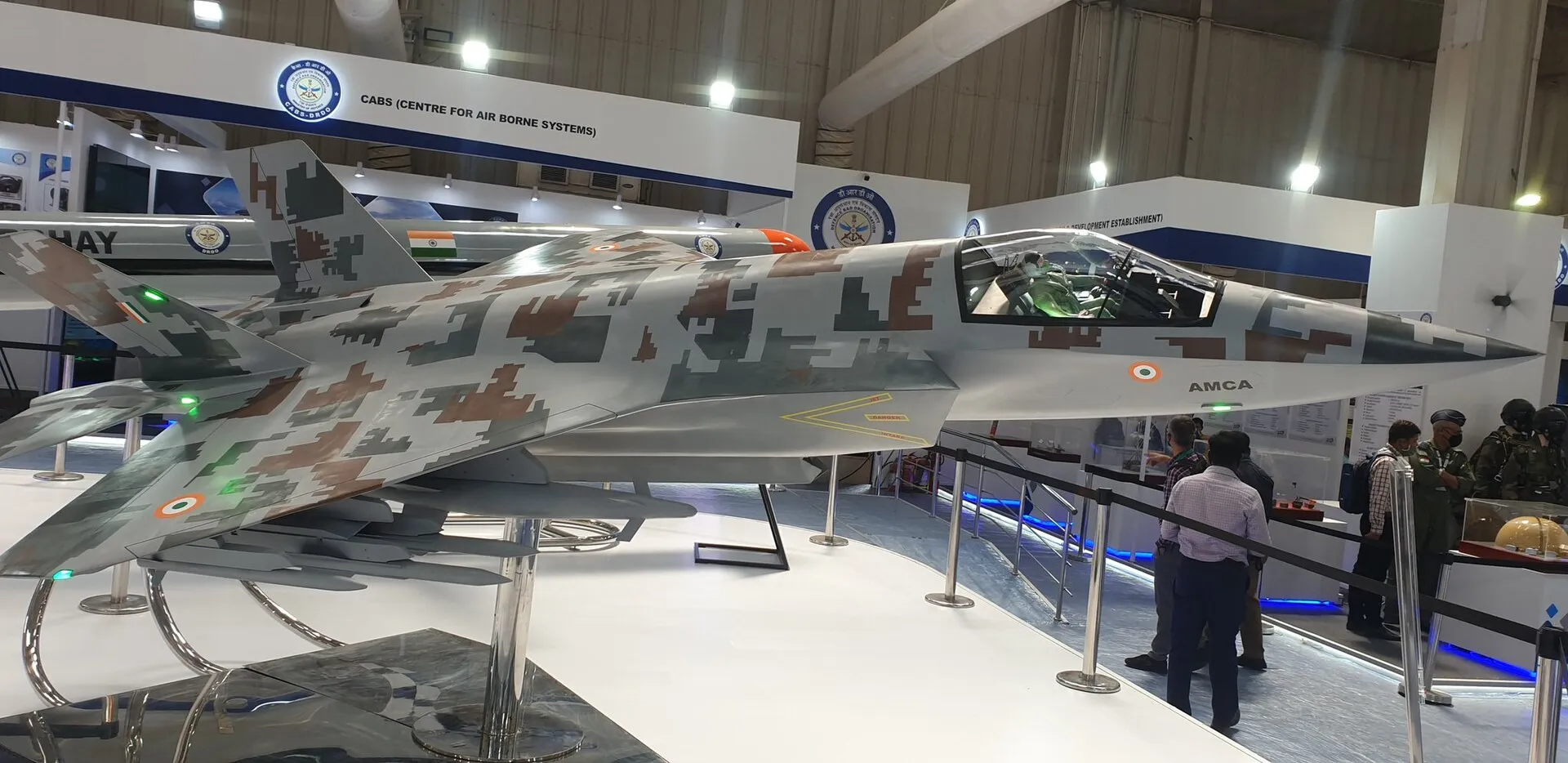
International Collaboration
Indian defence planners have determined that developing the crucial high-thrust engine component will require collaboration with an international manufacturer.
This strategic decision acknowledges the technological complexity and manufacturing expertise required for modern fighter jet engines.
GE faces substantial competition from other industry leaders in the upcoming bidding process. European manufacturers Safran and Rolls-Royce have also positioned themselves as potential partners for India’s engine requirements, creating a competitive environment that could benefit Indian negotiators.
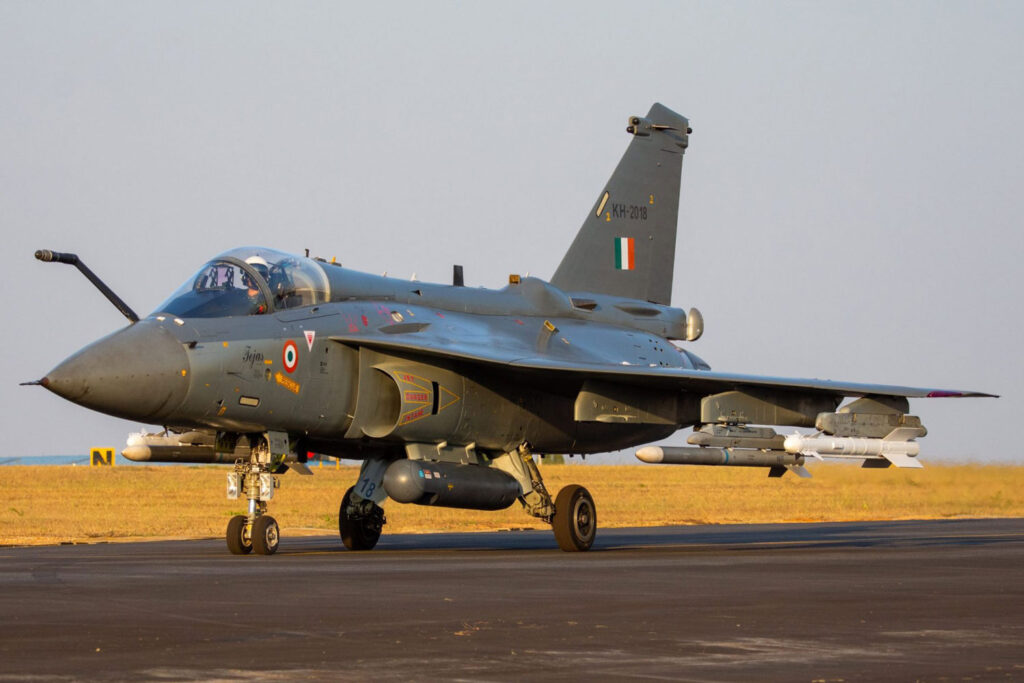
Engine Supply Challenges
GE simultaneously works to resolve existing delivery delays affecting the Tejas Mark-1A fighter program. The company delivered its first F-404 engine in March, from a total order of 99 units, arriving approximately two years behind the original schedule.
Air Chief Marshal AP Singh has expressed concerns regarding delays in acquiring essential military equipment. Production capacity limitations among manufacturers continue causing setbacks in both defence programs and commercial aviation deliveries across the industry.
Culp acknowledged the ongoing supply chain challenges while highlighting recent improvements in delivery performance. The company reported double-digit increases in component receipts during April and May compared to first-quarter performance, indicating gradual progress in addressing manufacturing bottlenecks.
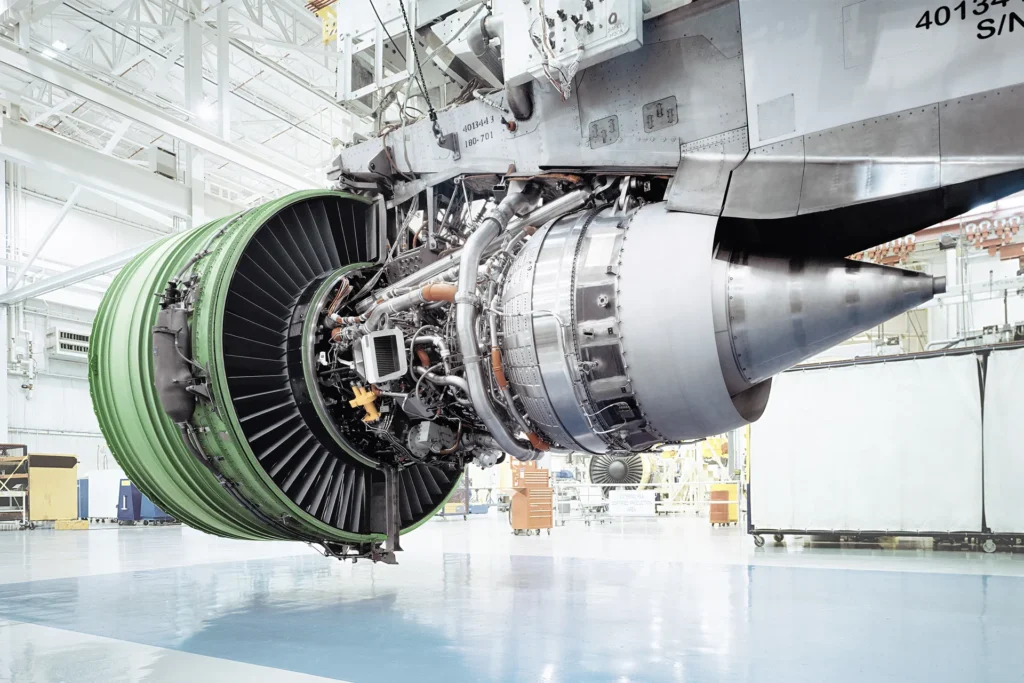
Strategic Market Position
GE operates over 1,400 engines in India, powering both narrow and wide-body aircraft, with future orders totalling approximately 2,500 units. These substantial numbers demonstrate India’s significance as a key market for GE’s global operations.
The company plans to establish a civilian aircraft engine maintenance, repair, and overhaul facility in India when operational volumes reach suitable levels. Culp indicated the decision depends on timing rather than feasibility, requiring adequate market volume to justify such investment commitments.
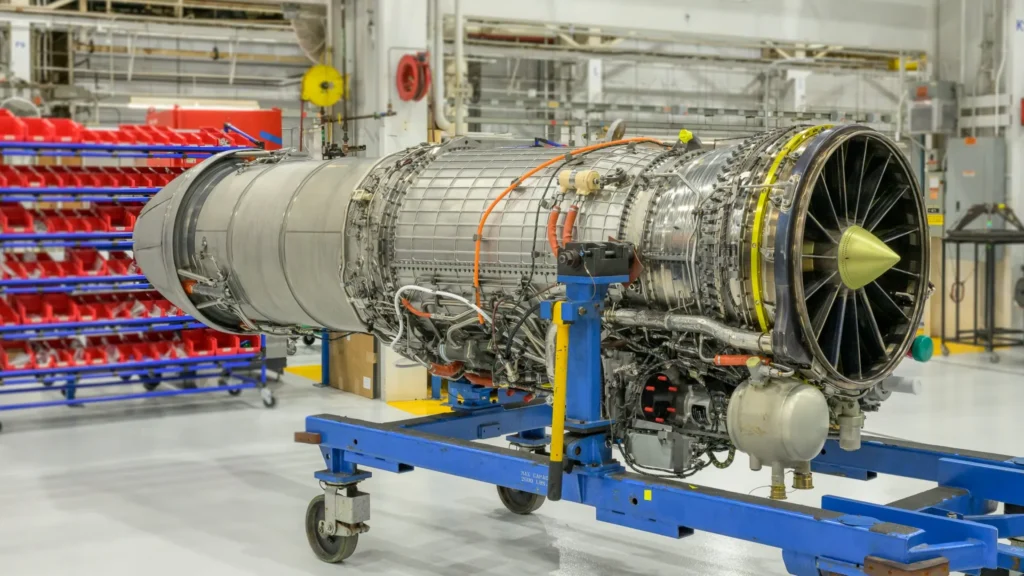
Bottom Line
The strong relationship between the United States and India creates favourable conditions for GE’s participation in Indian defence programs. Culp emphasised the company’s commitment to supporting Indian requirements while leveraging existing partnerships in the Tejas program.
GE’s involvement in the F-404 engine supply for the Tejas Mark-1A program provides valuable experience and credibility for competing in the fifth-generation fighter engine contract.
Stay tuned with us. Further, follow us on social media for the latest updates.
Join us on Telegram Group for the Latest Aviation Updates. Subsequently, follow us on Google News

